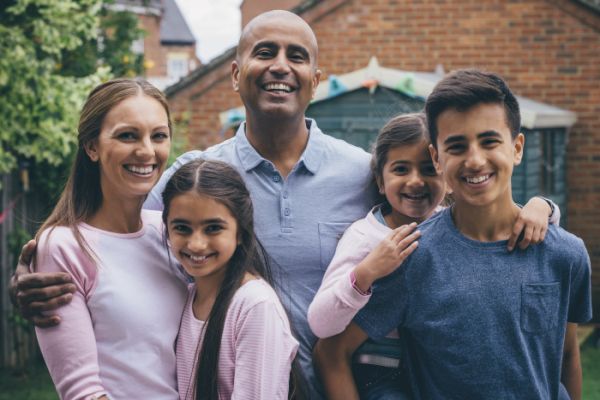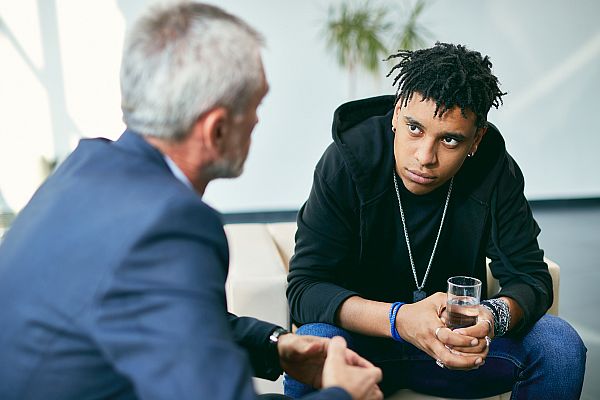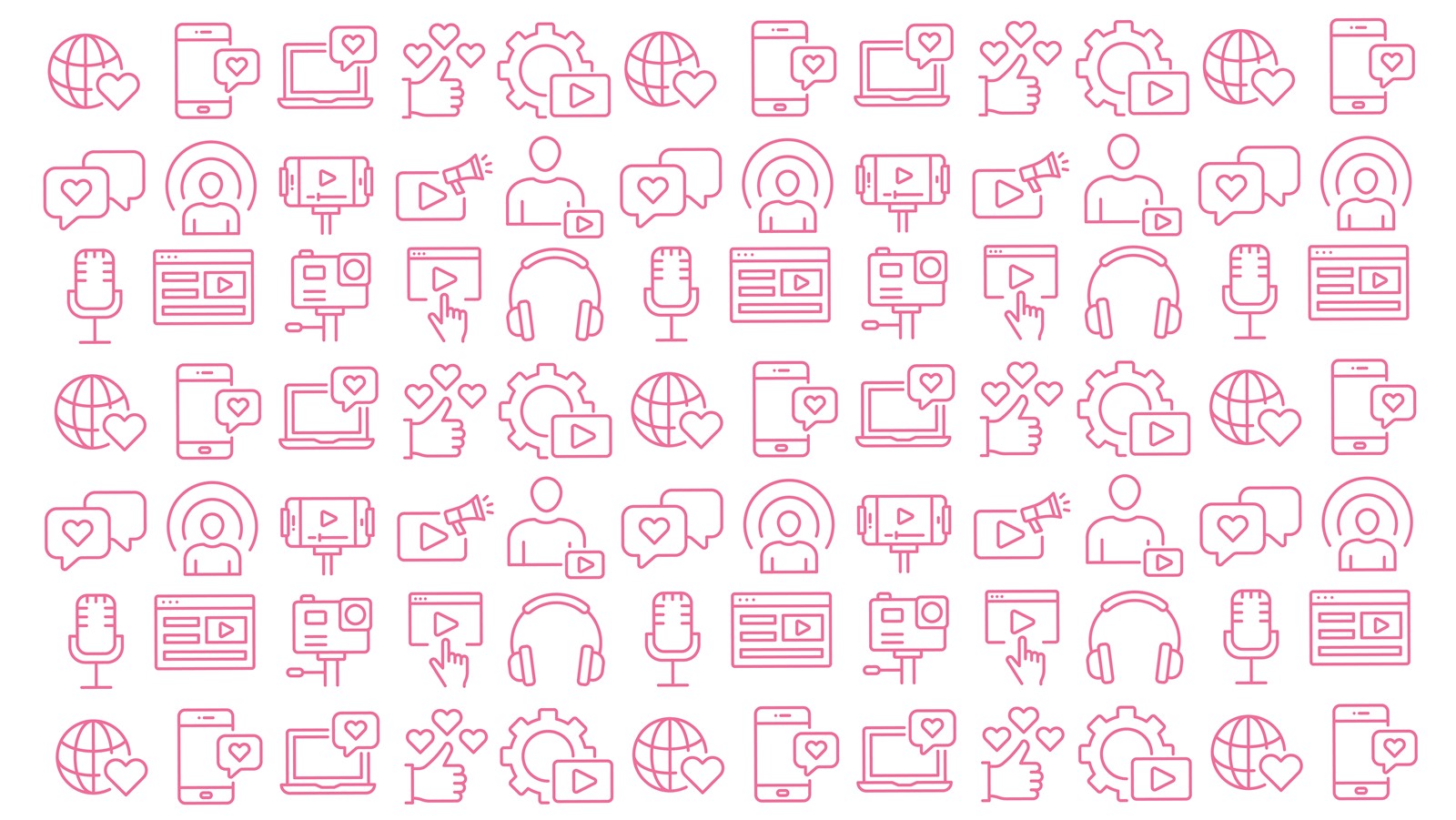Do you avoid looking in the mirror? Do you self-criticize your appearance constantly? Do you wish to be different? Do you avoid social situations because you don’t feel good about your body?
A study on body dysmorphic disorder and self-esteem, (BMC Psychiatry, 2021)1, found that low self-esteem and the core beliefs associated are one of the main proponents of BDD, also that it is advisable that as part of preventive treatment, those two aspects of a sense of identity should be explored.
How we experience and cultivate the relationship with our body image is shaped by many aspects of our lifestyle but one`s upbringing environment can serve as a blueprint of how we see and experience ourselves by informing us directly or subtly, how one should be like or look like. The reward of such a successful combination of traits would be that one can be coveted, praised, wanted (popular), and fit in, consequently causing high self-esteem, self-confidence and so on. However, there is a pole opposite of this spectrum also, not fitting in on those cultural beauty standards, which can vary from culture to culture, can cause an impact on one`s self-perception such as low self-worthiness, a sense of constant rejection, inadequacy, poor mental health, exaggerated concerning with body appearance and compulsive behaviour.
The internalisation of these beliefs can cause behavioural struggles in pursuing a particular look, it is clear to me that it also affects deeply one's sense of feeling lovable, desirable, relevant and so on. I have learned from my research and my clinical practice that these feelings haunt all groups of people from genders, ethnicities and sexual orientations. The results of the study Psychology of Aesthetics: Beauty, social media, and body dysmorphic disorder (Science Direct, 2023)2, emphasize how the use of social media and the use of filters in search to create a “perfect” self-image, are creating a negative relationship with oneself image which is detrimental for their mental health and general wellbeing.
Some mental and physical impacts of low self-esteem:
- constant self-criticism
- eating disorder
- obsessive compulsive disorder (physical exercises, plastic surgery, shopping)
- depressive disorder and social isolation
- anxiety and social phobias
- use of steroids seeking muscle growth. (mostly in men)
- suicide ideation.
As someone who has challenges regarding my relationship with my image and food, resulting from being brought up in a culture where there is a constant demand for a high standard of beauty, particularly body image (a particular shape, size, curves, height and so on). I have experienced what I call being boxed by others` ideology and only in recent years have I started to step out of those ideas and examine what and how makes me feel good and confident about myself. It's taken some time in therapy, and a lot of support from people who don’t share my culturally inherited self-image view and self-psychoeducation. With those also I have been able to help my clients and people around me to navigate their struggles with how they relate to their bodies and find self-loving and freedom in being themselves.
It has become more problematic, especially for teenagers and young adults who also have peer pressure and hormonal physical change, finding an equilibrium between feeling good about themselves (image) and feeling accepted, which affects directly how they create social connections or not. The impact on mental health resulting from the paradox of having an image that fits the social media requirements and one`s self-dissatisfaction has been reported by the Health and Social Care Committee (2022-2023). The report, amongst many strong and important recommendations, that:
“Government better equip future generations and their families with the skills and resources required to tackle body image issues. These skills and resources include critical thinking, particularly when it comes to appraising images and self-worth. We recommend that the Government explores the use of family hubs as a route to educate parents and young people about body image, self-worth, and body positivity3”. Family is an important cultural layer that contributes to how we understand, and value ourselves as well as having the confidence to experience others. Note that I said, relating to others and NOT compared to others. In my experience as a practitioner, clients from communities that already suffer from stigmas and discrimination (BIPOC, LGBT+ and people with disabilities), body dissatisfaction and low self-esteem are severely prevalent. Besides that, the pressure of lack of opportunities and ostracism, members of these communities endure the pain of the emotions resulting from not fitting in the portrayed desirable body image (light skin, able body, slim, fit...) by the wider community and more so social media.
As I write this and ponder on all that, the question arises: How to build self-esteem by steering away from how we look, therefore constructing and stronger and more self-reliant relationship with self-image? Some of the techniques and new habits perhaps can help in building a new system in how one can positively experience their otherness.
- engage in therapy if accessible (the deconstruct of old beliefs and the awareness of the authentic self can life change in all aspects)
- give more time and energy to what is unique about yourself. There is just one of you in the whole world, that is a reason to celebrate
- engage in activities (workshops, short courses and meeting) that encourages you to connect with your body. Spend time under your skin with presence.
- practice self-compassion and kindness. We all have limited time here, try to make this time the loveliest to you as you can for yourself.
In conclusion, the complexities of living in a time of selfies, filters and social media and internalised cultural influences on how we experience our image and compare ourselves with a set of beauty standards is more than an aesthetic issue, it brings also self-doubt (which can impact in a job application, intimate relationship and sociability) and psychological symptoms (depression, anxiety, eating disorder, body disorder dysmorphia and so on).
References
1 https://bmcpsychiatry.biomedcentral.com/articles/10.1186/s12888-021-03185-3
2 https://www.sciencedirect.com/science/article/abs/pii/S0738081X23000299
3 https://www.gov.uk/government/publications/the-impact-of-body-image-on-mental-and-physical-health-government-response
Read more...

Children, young people and families
Promoting the importance of early intervention and access to timely psychological therapies for children, young people and families is a priority for BACP.

BACP Children, Young People and Families division
BACP CYPF is for practitioners and other professionals interested in counselling and psychotherapy for children and young people.

Blogs and vlogs 2023
News and views from members, staff and clients
